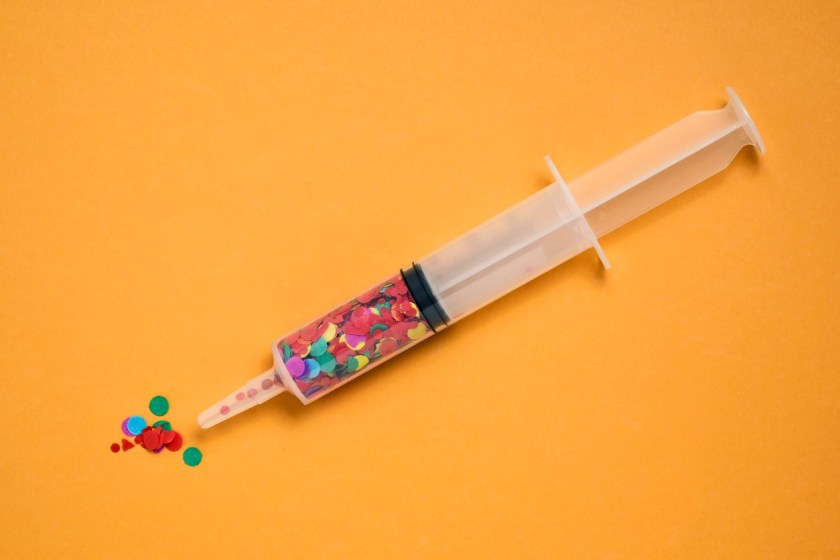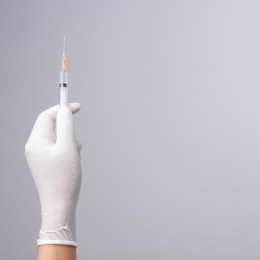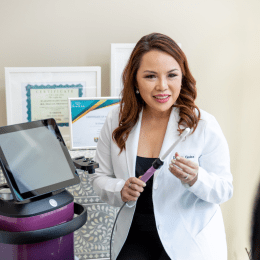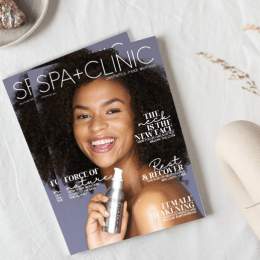This week, the Australasian College of Cosmetic Surgery (ACCS) released a warning to consumers about dangerous injectables, ahead of the busiest period of the year. Up to 100,000 Australians are expected to seek cosmetic facial procedures during the upcoming eight week ‘party season’ between Melbourne Cup and New Year’s Eve, and the ACCS wants to warn these consumers about the dangers of following ‘influencers’ who may recommend inexperienced and dangerous practitioners.
The latest figures from NSW Fair Trading reflect 287 beauty service complaints in 2017 – a significant 273% increase on the previous year. The most common of these was dissatisfaction with the quality of the services performed – and the ACCS is doing its part to try and reduce these rising levels of dissatisfied patients.
“There is a major misconception in Australia and around the world that anti-wrinkle and dermal fillers are beauty treatments, in the same category as facials,” ACCS Medical Dean Dr Ron Feiner said. “This has been heightened through social media ‘influencers’ promoting cosmetic procedures on their platforms and providing very little information about the risks associated and where to go to safely receive these treatments.
Indeed Instagram recently deemed the social media influence over cosmetic procedures so dangerous that it has imposed new restrictions around filters that demonstrate or represent the use of cosmetic procedures or plastic surgery.
“There has been a surge of people offering these services in casual settings like shopping malls, at the hairdressers, and even at informal ‘tox parties’, which adds to the normalisation of procedures and puts patients at real risk of botched procedures.”
Dr Feiner said risks from untrained practitioners included tissue death and blindness, which can occur when an artery is blocked by a dermal filler injected incorrectly.
“Cosmetic injectables are medical procedures that carry risks, and these need to be weighed up with the perceived physical and psychological benefits – factors that are not addressed through social media promotions,” he said.
Dr Feiner has called for further protocols to protect unaware consumers from dodgy practitioners. “The public needs protection from untrained, inexperienced, ‘occasional’ practitioners offering cosmetic procedures who do not understand the high-risk areas of the face,” he said. “Some practitioners undergo a one or two-day training course only for cosmetic injectables which is inadequate, and in some cases, dangerous.”





